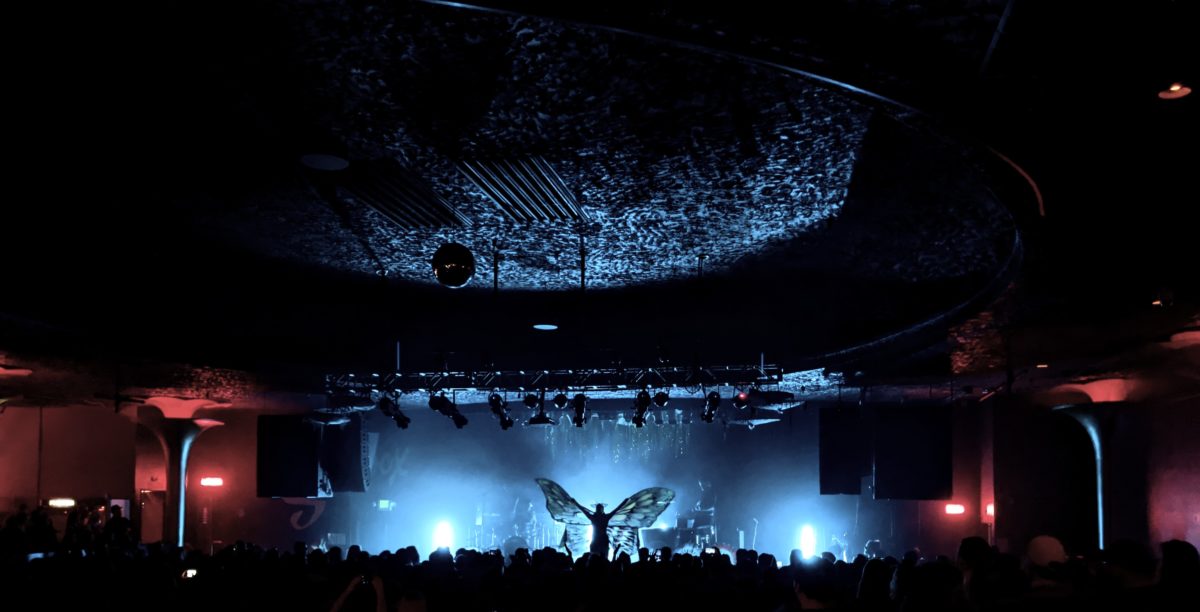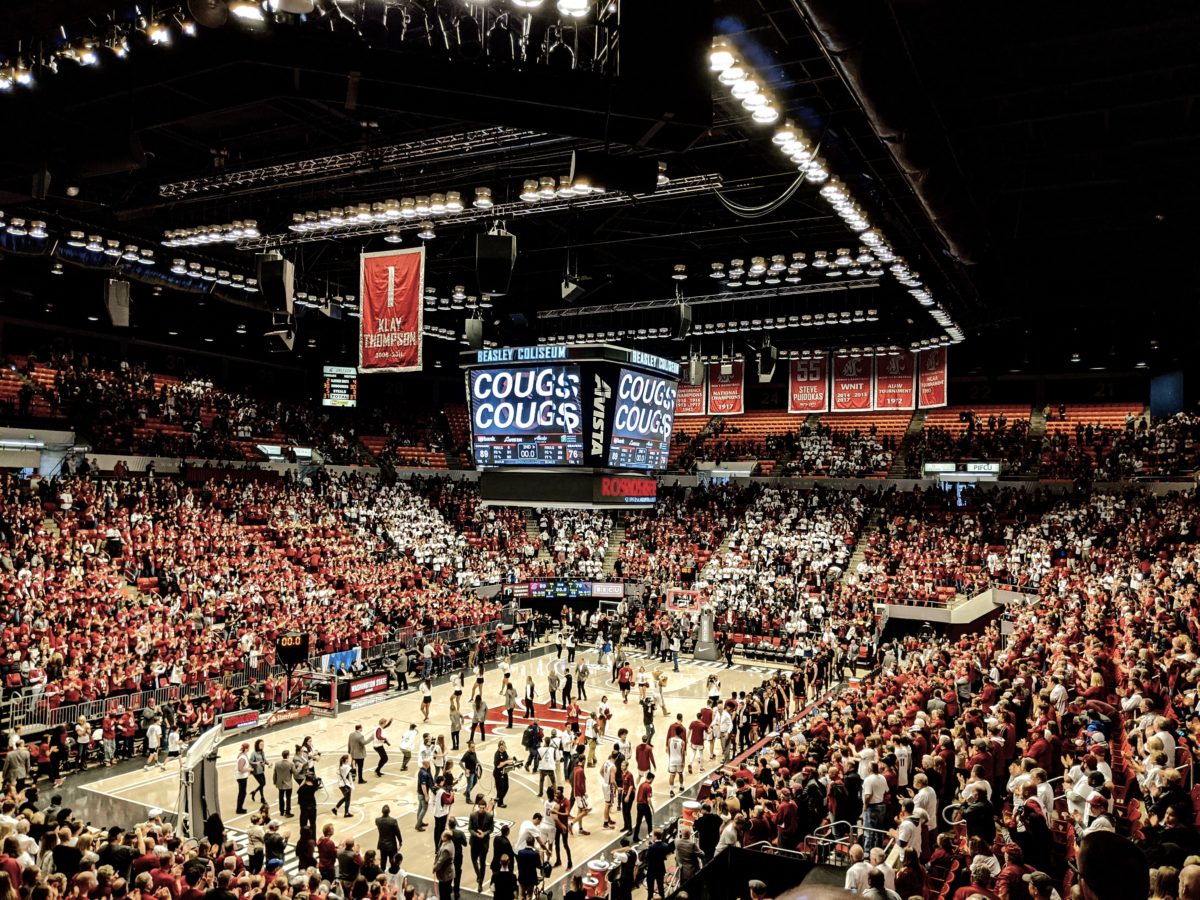Yesterday Major League baseball handed out their punishment to the Houston Astros for stealing signs during their 2017 World Series winning season. In addition to the punishment handed out by the MLB, the owner of the Astros, Jim Crane, fired his manager, A. J. Hinch, and his general manager, Jeff Luhnow. Both becoming the fall guys (along with Joey Cora, manager of the Red Sox, and Carlos Beltran, manager of the New York Mets) for the cheating that took place. The Astros also lost four draft picks and were fined $5 million. A small price to pay for a World Series title.
Inherent to baseball
After chatting with someone about the Astros punishment yesterday I was asked if I thought baseball players and executives were more likely to cheat than those in other sports. It was an interesting question. My first inclination was definitely not. There are cheaters in all sports. However, after reflecting a bit more, I couldn’t be sure. Baseball has always had ways to cheat that were considered a part of the game. Just don’t get caught. Corked bats and spit balls (and other substances) come to mind. Sign stealing has also always been a part of baseball. It is legal as long as you don’t use video equipment during the game to figure it out (this is also the case in college and professional football). And then there is performance enhancing drugs.
Cheating feels like a systemic issue from the top when considering how slow MLB was in figuring out how to handle performance enhancing drugs. It was slow because the money and attention were too good. The ratings and media attention around Mark McGwire, Sammy Sosa, and Barry Bonds were too much to pass up. While a black eye remains, the value of MLB teams increased significantly.
According to Forbes in 2003, the top valued MLB team was worth $849 million. The bottom valued team in 2003 was worth $113 million. In 2019, again according to Forbes, the top valued team is worth $4.3 billion. The bottom valued team is worth $1 billion. In 16 seasons that is an increase of 542% for the top valued team and a 885% increase for the bottom valued slot.
It appears no financial investments were harmed during MLB’s slowroll in dealing with performance enhancing drugs. *Only players were damaged during this time.
*Not to say that players don’t deserve some of to blame, but they were part of system that was allowing it for its own benefit. Then they were thrown under the bus.
Billionaire wins, again
The owner of the Astros, billionaire Jim Crane, gets no real punishment. He keeps his 2017 World Series ring. He keeps his franchise. And he gets to look like the good guy because he fired his manager and general manager. I’m relieved that there are respected industry journalists that are calling out the MLB and Jim Crane for what this is, Billionaire protection. Utilizing fake punishment and public relations to shift blame from those that are in charge.
The Astros, predictably, are also the franchise that had the “I’m so fucking glad we got Osuna!” issue.
These aren’t issues that only happen with employees of an organization. These are issues that are carried out by employees within a culture of an organization. The culture is created from the top by the people they hire and the values they set. Jim Crane shouldn’t be let off the hook. Jeff Passan, in his article (also referenced earlier), states “Either Crane did not know that the business he owns and operates was cheating or he did know and did nothing about it. Neither is good.”
Agreed. Either he’s complicit or he’s lost organizational control.
How about a post season ban
The NCAA, which isn’t immune from cheating by any means, has a punishment that professional organizations should consider: post season bans. No playoffs. No World Series. Imagine handing the Houston Astros a five year post season ban where they lose all of their first and second round draft picks through the duration of the ban, so they can’t tank during this time to get better. I can. This would inflict some pain.
While we’re at it, we might as well institute another NCAA tool that forces institutions to vacate wins and titles for seasons where severe cheating was uncovered. This would be an additional sting to accompany the post season ban. The Astros wouldn’t be able to display their 2017 World Series flag in their stadium, reference it in any of their materials, or sell merchandise referencing it.
Major League Baseball needs to find the gumption to actually punish its owners. If not, then the MLB is complicit in the cheating that occurs.
This post also applies to the NFL regarding the New England Patriots.
Updates
Joey Cora was fired by the Boston Red Sox for his role in sign stealing while a bench coach for the Astros.
Carlos Beltran has been fired by the New York Mets for his role in sign stealing as a member of the Astros.
Additional reading:










